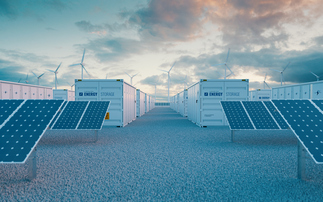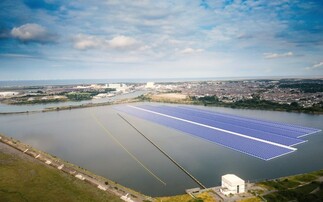The government's argument for such rapid cuts to feed-in tariffs does not stack up, is there another explanation?
The question everyone keeps coming back to is why? Why has the government decided to impose such rapid and deep cuts to the level of incentives available to the fast-expanding solar industry, potentially...
To continue reading this article...
Join BusinessGreen
In just a few clicks you can start your free BusinessGreen Lite membership for 12 months, providing you access to:
- Three complimentary articles per month covering the latest real-time news, analysis, and opinion from Europe’s leading source of information on the Green economy and business
- Receive important and breaking news stories via our daily news alert
- Our weekly newsletter with the best of the week’s green business news and analysis









